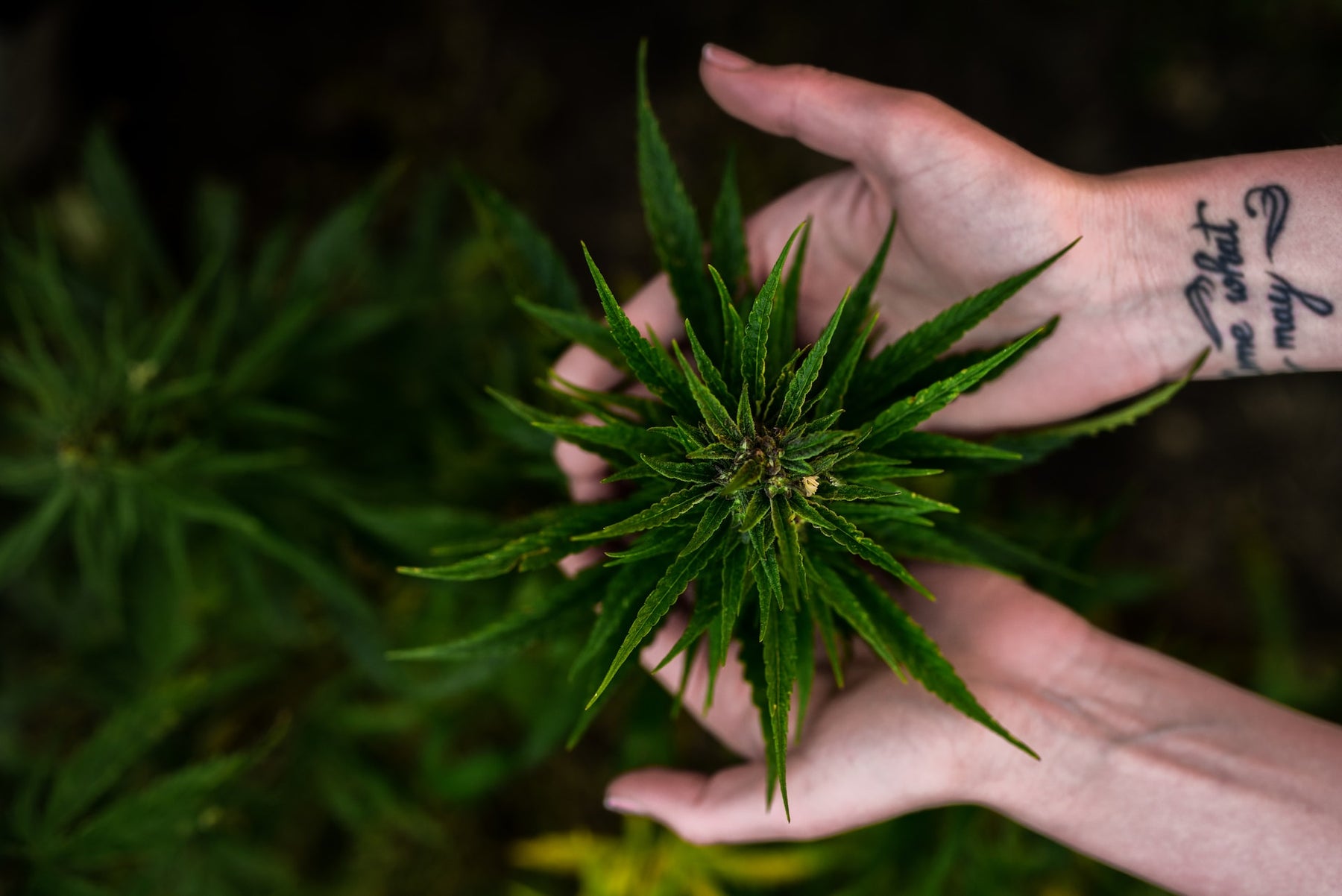
Delta-8 THC in the US: A Star in the Cannabis Industry
Delta-8 THC, a cannabinoid found in the cannabis plant, has been gaining popularity in the United States. The compound is known for its potential psychoactive effects and is often marketed as a legal alternative to delta-9 THC.
But just how popular is delta-8 THC in the US? To answer this question, let's take a closer look at the current state of the delta-8 THC market, its legal status, and its potential benefits and risks.
The Delta-8 THC Market
Delta-8 THC products have been popping up in vape shops, cannabis dispensaries, and online stores across the US. According to reports, delta-8 THC sales reached around $10 million in 2020 and are projected to exceed $100 million by the end of 2023.
One reason for the surge in delta-8 THC sales is the compound's legal status. While delta-9 THC is still illegal under federal law, delta-8 THC is permitted under the 2018 Farm Bill, which legalized hemp and hemp-derived products. This legal loophole has allowed companies to manufacture and sell delta-8 THC products without the same regulatory hurdles as delta-9 THC.
Delta-8 THC products come in various forms, including vape cartridges, edibles, tinctures, and topicals. Some companies even offer delta-8 THC-infused flowers, which can be smoked or vaporized like traditional cannabis.
But with the rise in delta-8 THC products comes concerns about quality and safety. Unlike delta-9 THC, which is typically produced in a controlled environment, delta-8 THC is often extracted from hemp using chemical processes that can leave behind harmful contaminants.
Additionally, the lack of regulation in the delta-8 THC market means that some products may be mislabeled or contain inaccurate dosages. This can be especially dangerous for consumers who are new to delta-8 THC or have a low tolerance for THC.
The Legal Status of Delta-8 THC
As mentioned earlier, delta-8 THC is legal under the 2018 Farm Bill, which defines hemp as cannabis with less than 0.3 percent delta-9 THC. However, the legal status of delta-8 THC is still somewhat murky.
The Drug Enforcement Administration (DEA) issued an Interim Final Rule that classified "synthetically derived" THC as a Schedule I controlled substance. This classification would have made delta-8 THC illegal, as it is often derived from hemp using chemical processes.
However, the DEA later clarified that the rule only applied to delta-9 THC and did not cover delta-8 THC. This means that delta-8 THC remains legal at the federal level, although some states have taken steps to ban the compound.
Fourteen states have banned delta-8 THC, including Alaska, Arizona, Arkansas, Colorado, Delaware, Idaho, Iowa, Kentucky, Mississippi, Montana, Rhode Island, Utah, Vermont, and Washington. Other states, such as Florida and Georgia, are considering similar bans.
Potential Benefits and Risks of Delta-8 THC
Despite the legal and safety concerns surrounding delta-8 THC, some proponents of the compound claim that it offers several potential benefits.
One potential benefit of delta-8 THC is its reported anti-anxiety and anti-depressant effects. Some users report feeling more relaxed and less anxious after consuming delta-8 THC, although more research is needed to confirm these effects.
Another potential benefit of delta-8 THC is its reported pain-relieving properties. Some users claim that delta-8 THC helps to alleviate chronic pain, although again, more research is needed to confirm these effects.
However, delta-8 THC also carries several potential risks. One risk is the compound's psychoactive effects, which can be more potent than delta-9 THC in some cases. This can lead to unwanted side effects such as paranoia, anxiety, and confusion, especially in users who are new to THC.
Additionally, the lack of regulation in the delta-8 THC market means that some products may contain harmful contaminants or inaccurate dosages. Consumers should be cautious when purchasing delta-8 THC products and should look for third-party lab tests to ensure safety and accuracy.
Conclusion
Delta-8 THC is a rising star in the cannabis industry, and the compound's legal status and potential benefits have made it a popular alternative to delta-9 THC, although concerns about safety and regulation remain.
Consumers should be cautious when purchasing delta-8 THC products and should look for third-party lab tests to ensure safety and accuracy. Further research is needed to fully understand the potential benefits and risks of delta-8 THC, but for now, the compound remains legal at the federal level and is available for purchase in most states.
For cannabinoid products, check out Happi. We provide the highest quality hemp-derived products to the cannabis market. Our products are safe, legal, and responsible and comply with all federal and state regulations. Shop now and get to your Happi place.


